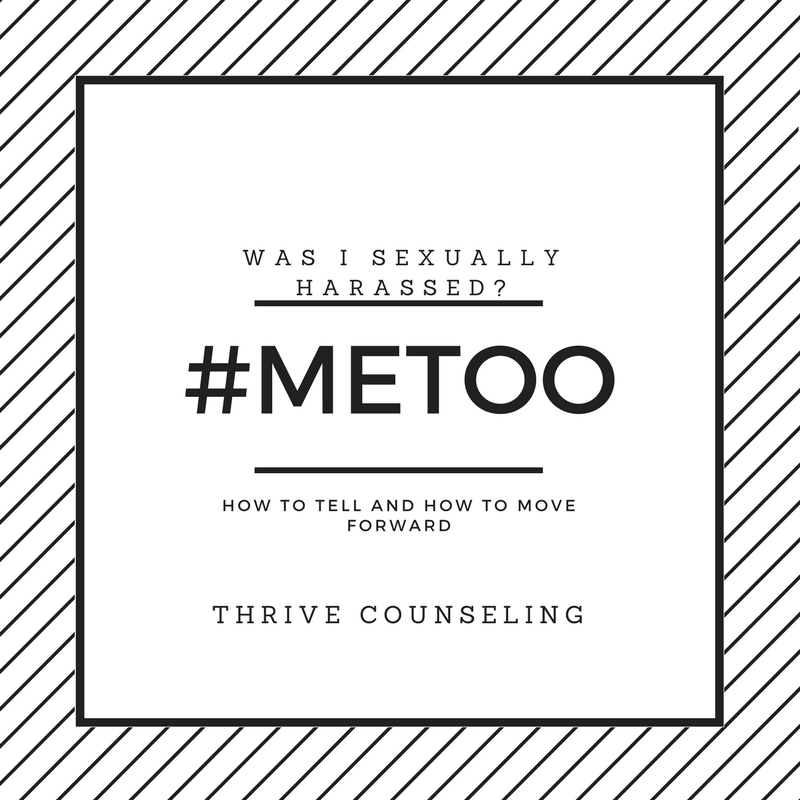This is a Guest Post from the wonderful folks at Project Helping, a non-profit that connects volunteers with opportunities to help the community, all in the name of improving mental health and well-being. Check them out at www.projecthelping.org Can volunteering improve your physical and mental health? Many would assume that giving our time or monetary support is inherently rewarding. But do peer- reviewed studies reflect this notion? Over the past century, there have been countless studies done on the effects volunteering has on people. By building on the knowledge of their predecessors, researchers have found some casual relationships between giving and happiness. Though each study had different controls, methods, and hypotheses, nearly each has resulted in the conclusion that volunteering may have more health benefits than we ever imagined. The World Health Organization estimates that depression is the third leading cause of disease, projected to be the second cause world-wide by 2020, and will rank first in high-income nations by 2030- making it a major public health issue. In fact, one in four Americans, over 60 million people, experience mental illness in a year. According to the Center for Disease Control and Prevention, depression can exacerbate effects of chronic conditions, such as asthma, arthritis, cancer, diabetes, and obesity. Not only does altruism improve your psychological well being, many studies indicate there is a positive relationship between volunteering and cardiovascular disease, disability, mortality, and life satisfaction. The National Alliance on Mental Illness states that when coupled with supportive relationships and counseling, one of the best strategies to prevent depression and suicide in young persons is extra curricular activities, such as sports and voluntary community service. Parenting experts agree that increased autonomy, encouragement, conflict resolution, optimism, understanding, and goal-setting may help improve your childʼs mood. Volunteerism can tackle a myriad of these positive influences simultaneously. And by volunteering with your child, you can set a non-stigmatizing, proactive example in a social, compassionate environment. Volunteering has also been shown to inhibit anti-social behavior in adolescents and may have rehabilitative effects for all ages. In Taiwan, researchers conducted an 18-year longitudinal analysis (1989-2007) of adults over the aged 60-64, studying the relationship between social participation, which included volunteer groups, and depressive symptoms. Their results indicated that participation is “globally beneficial” to the psychological health of older adults and mitigates depressive symptoms. According to a similar British study conducted on all ages of adults between 1996 to 2008, the General Health Questionnaire score was best among those who had volunteered and worst among those who had never volunteered. Though the study indicates adults over 40 often reported mental wellness from volunteerism, evidence also suggests people under 40 who volunteered frequently had much more positive GHQ scores. Isen and Levin (1972) investigated the “positive affective state on his or her subsequent helpfulness to others.” Their results indicate people who feel good themselves are more inclined to help others. Dunn, Aknin, and Norton (2008) found that even when controlling for income, individuals who devoted more prosocial spending, or money spent to aid others, were happier. Harbaugh, Mayr, and Burghart (2007) established that giving money to charity leads to brain activity in regions associated with pleasure and reward. Depression can cause disaffection with family, work, and personal goals- leading many to delay rejoining or contributing to society. Higher rates of depression and suicide are seen in individuals experiencing obesity, heart disease, stroke, sleep disorders, lack of education, lack of access to medical care, unemployment, and divorce- motivating some governments to take action. In fact, the economic impact of suicide death in the United States is estimated near $34 billion annually and another $8 billion in non-fatal injuries and indirect costs, such as lost wages. Because of the growing evidence that volunteering contributes skills, energy, public health and knowledge to communities across the globe, many countries are beginning to regard it as a national resource. In 1997, the United Nations General Assembly proclaimed 2001 as the International Year of Volunteers. This idea stemmed from talks between international non-governmental organizations (NGOs) and the growing recognition that voluntary service makes an essential contribution to societal well being. Prior to 2001, few countries had policies that specifically addressed volunteerism. Now, hundreds of laws and policies throughout the world exist to promote and enable the benefits of volunteering. Dialogue about prosocial behavior and its link to wellbeing dates as far back as ancient Greece. Aristotle asserted that “eudaemonia,” which roughly translates as “human flourishing,” is the goal of life. More than just the pursuit of happiness, it reflects the state in which an individual experiences happiness from successful attendance to their moral and ethical duties. Extensive results demonstrate volunteering’s pro-health qualities. Whether it is sharing your resources, time, or positive attitude, even self-interested giving causes the same effects. No matter your motivations, volunteering is a great first step to creating a real difference in your community and yourself. When you give, you start a chain reaction. You help someone in need, you improve your mood, and you continue to give to receive that productive, connected feeling. Since many studies have found this to be true, shouldnʼt we start educating ourselves and others about the positive feedback loop? Maybe Aristotle was correct- we can flourish when we acknowledge our connectedness and attend to our needs through the needs of others.











